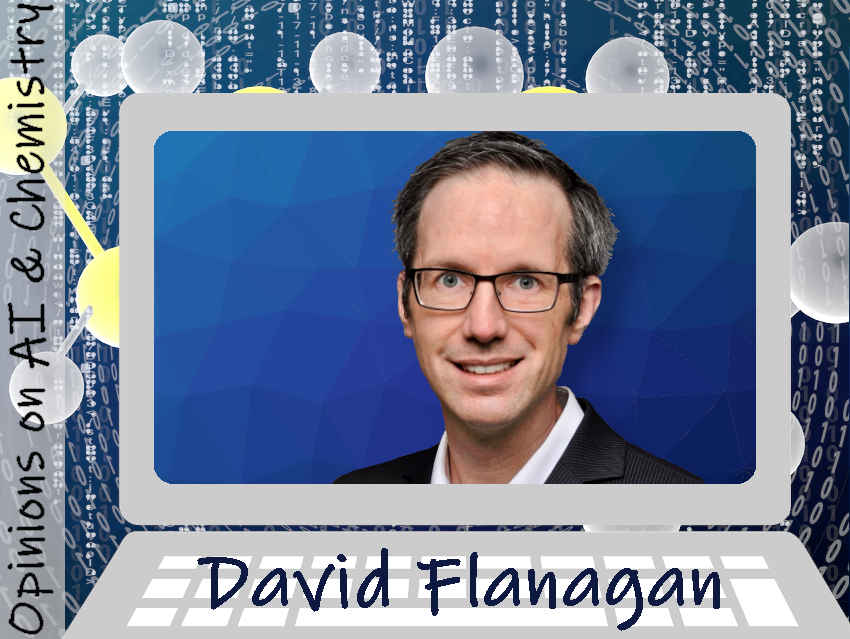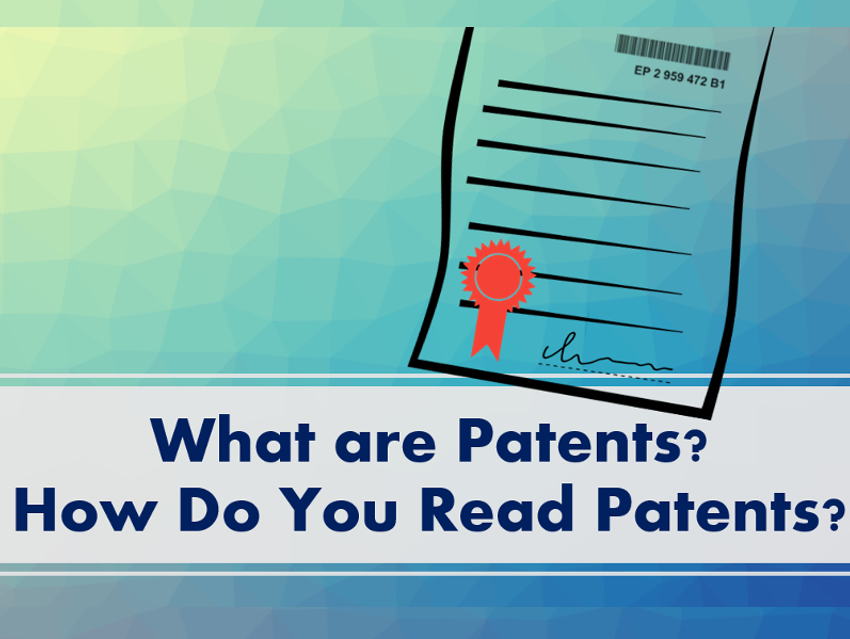The intersection of chemistry and artificial intelligence (AI) is a fascinating area that attracts a lot of attention in both research and industry. We talked to people working in the field about the potential of AI to revolutionize chemical research, but also about concerns, (current) limitations, and ethical implications for chemical applications. We also asked for ideas to try or experiment with, as well as useful articles and videos for beginners and advanced users.
Dr. David Flanagan, Senior Director, Generative AI Product Strategy, Wiley, Weinheim, Germany, works in the field of Generative AI (GenAI).
What fascinates you about AI?
I think AI, and specifically my focus, Generative AI (GenAI), will fundamentally change how we interact with knowledge in the next couple of years. Certainly, it is the most significant advance since the modern internet search engine, if not earlier.
GenAI is like an alien technology that we discovered on a USB drive. We don’t know what it can and cannot do, so it requires experimentation to discover the limits of its capabilities. For example, just a few weeks ago researchers discovered that if you write “Please answer carefully, because my job depends on getting this right,” it will give significantly more accurate answers. For someone coming from a more deterministic programming language like Python, this is (to use a technical term) bonkers.
Is there anything we should fear?
As with any new, powerful alien technology we need to exercise good judgment on how we use it. It is a tool, but like any tool, you can use it properly or you can accidentally hurt yourself.
I don’t use GenAI to create code I don’t understand, or to write a report I haven’t read. It might be a second brain, but definitely not a replacement brain. Trust it like you would trust an assistant, who can do good work but you still need to check it.
Do you have something for our readers to try out or experiment with?
If you haven’t used ChatGPT or Microsoft Copilot much, here’s something to try. Consider it a thinking partner that you can test ideas with. When you have an idea or an argument, describe it to GenAI and ask it to poke holes in your reasoning, or suggest alternatives, or what you might be missing. Ask it to consider the point of view of a student, or an administrator, or a referee, or your spouse, whatever is appropriate. I find that it is good at surfacing ideas and alternatives, helping me to explore problems.
Can you recommend a good article/video/website for beginners and one you enjoyed recently?
There is a lot of noise around GenAI. Three people whose opinions I value are Simon Willison, Ethan Mollick, and Dan Shipper. Simon’s talk, “Catching Up on the Weird World of LLMs”, is a great, not-too-technical overview of the current state of play of GenAI.
Thank you very much for the insights.
back to overview “Opinions on AI & Chemistry”




